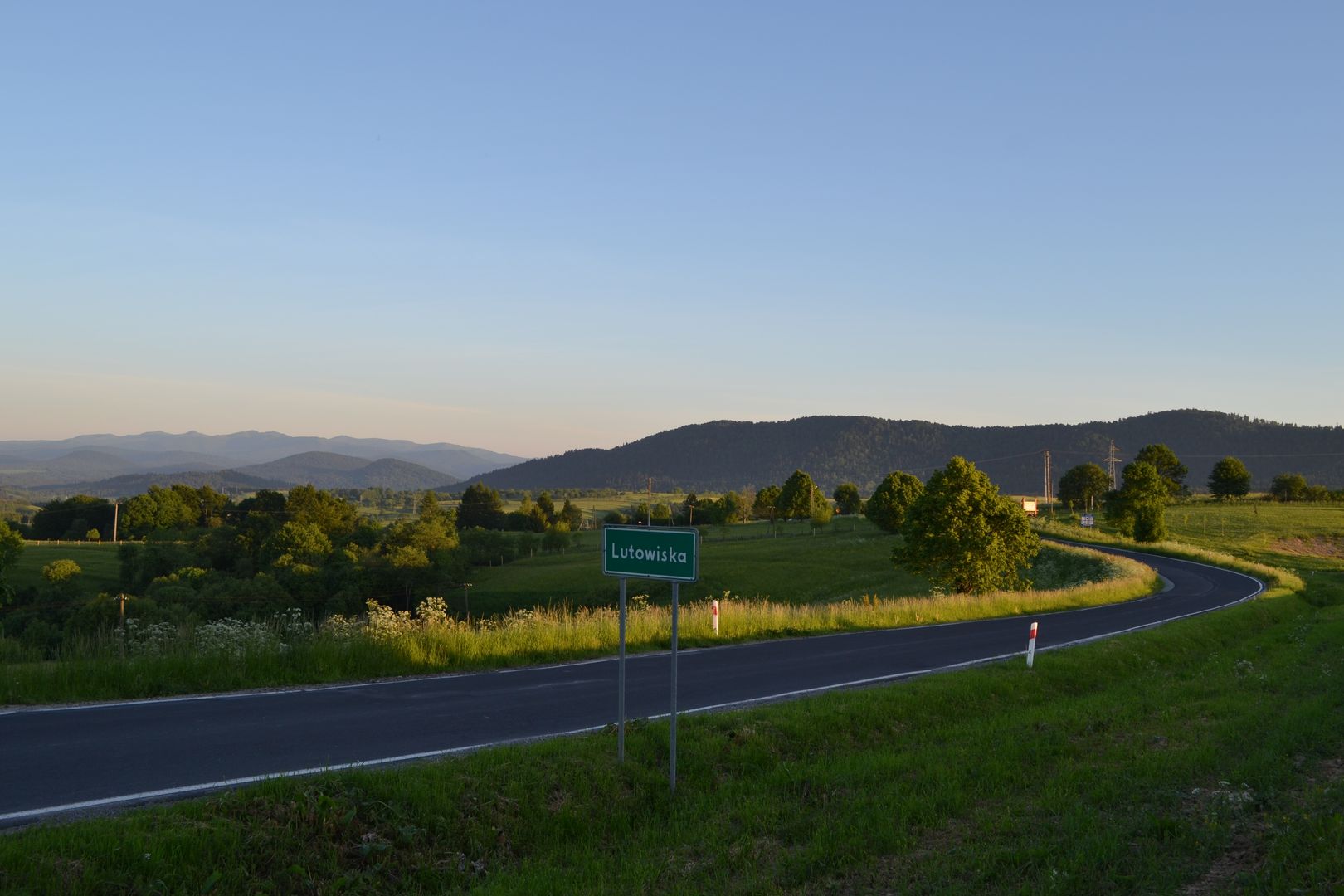Lutowiska
6.3

Overview
Lutowiska, a village located in the Podkarpackie Voivodeship with a rich history dating back to medieval times, was granted town rights before 1742, ultimately losing them in 1919. The settlement lies along the Smolnik stream, in the picturesque surroundings of the Ostre and Otryt mountain ranges. The history of Lutowiska is marked by changes in ownership and conflicts, including World War II, when the village was affected by brutal wartime actions, such as mass executions of Jews and Poles. In the post-war period, Lutowiska functioned under the name Szewczenko, and its original name was not restored until 1957. The architecture is dominated by the neo-Gothic Church of St. Stanislaus the Bishop and the Catholic cemetery, while the village also once housed destroyed synagogues and churches, testifying to the region's multicultural heritage. The economic activity of the settlement included sawmills, and after the abolition of serfdom, the diversity of the land led to the flourishing of the local timber industry. Lutowiska became an important trading center before World War II, and in 1921, it had 2,125 inhabitants, predominantly Jews and Greek Catholics. Today, with a population of 773 (2020 data), the village retains its distinctive features, serving as the seat of a parish and bearing witness to pivotal events from years past. An interesting fact is that in 1907, Leon Penner, a prosecutor who later accused Nazi war criminals in post-war trials, was born in Lutowiska. The village stands as a living monument to history, with a rich tradition and memory of the past, where Jewish, Catholic, and Greek Catholic cultures coexisted for centuries. Lutowiska is also known for its beautiful landscapes, which support local tourism, and its architectural and historical heritage attracts enthusiasts of history and architecture.
Location
2026 Wizytor | All Rights Reserved